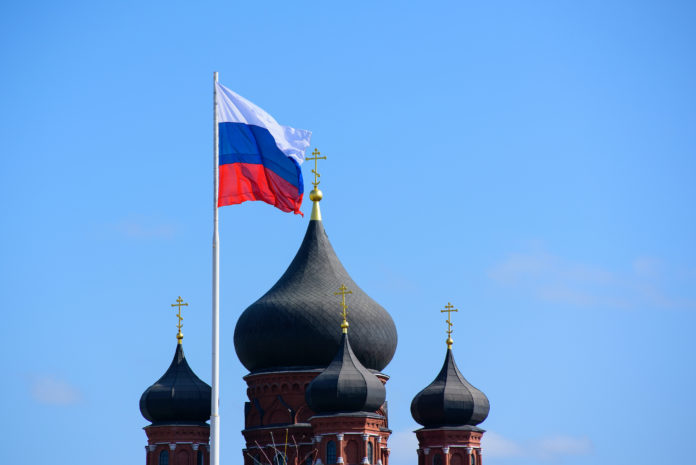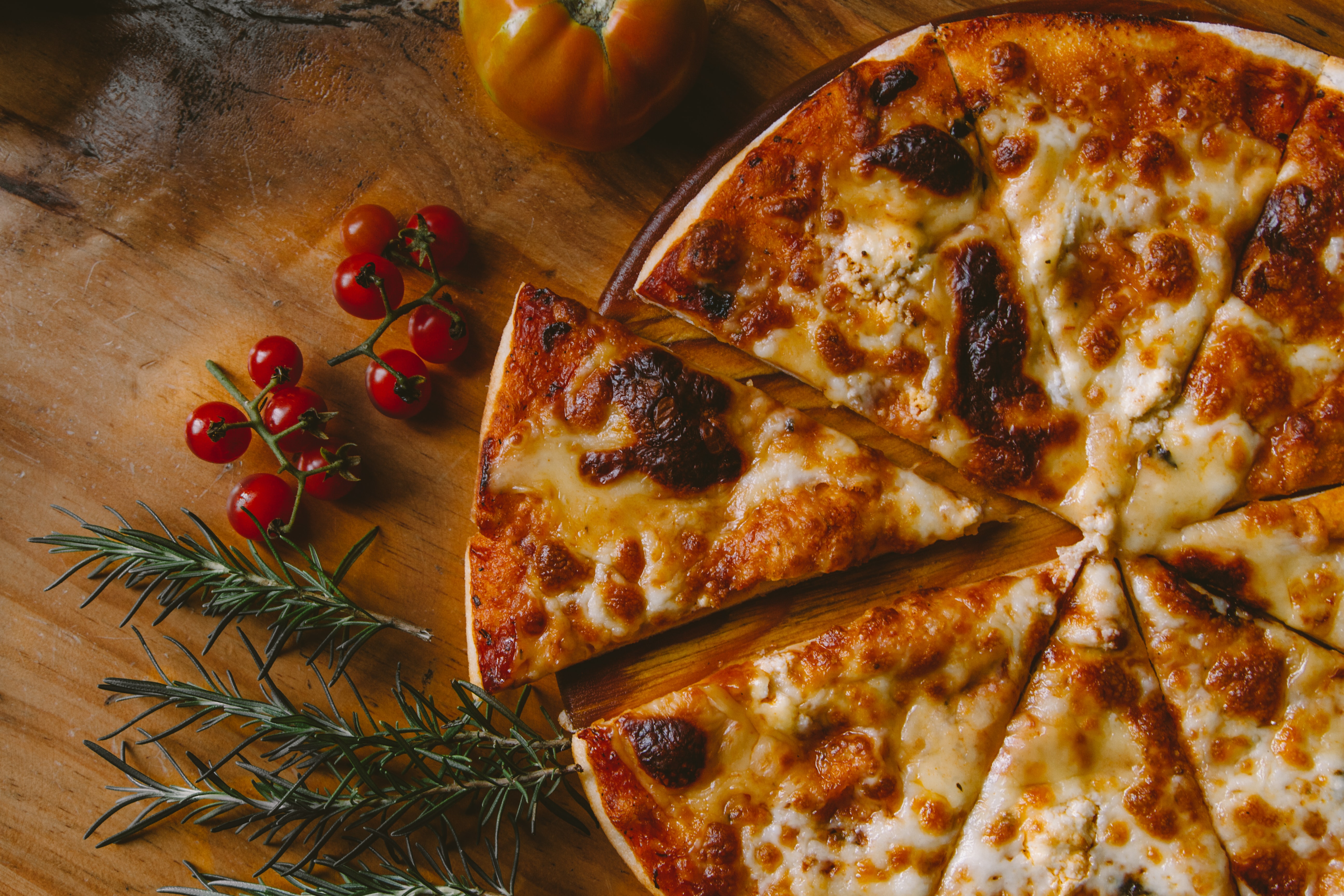
Russia is home to some of the world’s largest and fastest-growing family firms; however, many of these remain relatively unknown beyond the domestic market. Although Russian family businesses have been on the rise since the nation’s shift from communism in 1991, the majority remain in their infancy compared with counterparts in other areas of the world. Russia’s nearly 74-year self-imposed ban on entrepreneurial business has meant the kinds of multigenerational family business relationships seen across North America and Europe have not had time to materialise. Moreover, many of Russia’s family businesses, still impacted by the country’s history of collectivism and embedded cultural Soviet-era norms, are reluctant to be recognised as such and consequently avoid using their family or founder’s name.
Yet, with its vast natural resources, well-educated population, developed national institutions and access to a sizeable domestic marketplace, Russia offers a wealth of advantages to family businesses. Here are three Russian family-run businesses that are quickly gaining international recognition.
SPLAT

Producing up to 200 tubes of toothpaste every minute, family-owned and -operated company SPLAT has grown into a leading global manufacturer of oral care products sold to more than 60 countries. Founded in 2000 by Evgeny Demin and Elena Belous, the Moscow-based company has grown into a top-three toothpaste brand in the Russian marketplace. SPLAT pursued international expansion in 2011 and credits much of its success to connecting with consumers drawn to its concept of creating products through a natural and environmentally friendly process. All its products are 100 per cent vegan, use plant-based components and are not tested on animals. The company also uses a CO2-neutral production method. SPLAT introduced its eco-friendly BioMio home cleaning products line in 2014, adding to its other two oral care speciality brands, Biomed and INNOVA.
SPLAT doesn’t engage in traditional advertising, instead relying on word of mouth as its preferred marketing method. The company has been recognised by Stanford University as a TOP-30 fastest growing global brand.
Dodo Pizza

Starting in 2011 with a single restaurant in Syktyvkar in northern Russia, Fedor Ovchinnikov has grown his business into a sprawling pizza-making network, with 521 locations across 12 countries, including the US and China. Much of Dodo’s success, both domestic and international, comes from Ovchinnikov’s vision of reinventing the traditional pizza delivery business with IT built on the cloud. The company’s proprietary digital system – Dodo IS – offers a unified ordering experience regardless of location or country and, through its downloadable app, had generated 59 per cent of all orders by 2018.
In 2016, Dodo beat chains Pizza Hut and Papa John’s to become Russia’s market leader in pizza delivery. Since its establishment in 2011, Dodo Pizza has become one of the world’s fastest-growing casual dining and fast-casual restaurants, ahead of popular American chains MOD Pizza and Shake Shack. Fedor Ovchinnikov used $50,000 in savings to open the business that now surpasses $300 million in annual sales.
The company plans to expand its global presence and its deep integration of Dodo IS in every aspect of the business, including workflow, sales, management and analytics.
Telegram

Rolled out in 2013 to provide a communication platform that couldn’t be accessed by Russian security agencies, Telegram, a company started by brothers Pavel and Nikolai Durov, has grown to comprise more than 400 million users and competes with dozens of messaging services. The 2014 acquisition of WhatsApp by Facebook and a subsequent four-hour service outage later that year helped propel Telegram to the top of the App Store charts, where it has remained one of the leading free apps globally. Funded entirely by the Durov brothers – who previously created VKontakte, Russia’s largest social network – Telegram operates as a non-profit organisation, with no intentions of advertising or charging for its service. The company’s lack of a data-monetisation policy and stringent philosophy of encryption-based security has further fuelled its growth at a time when concerns have been raised about the abuse of user data on platforms such as Facebook, Amazon and Google.
Pavel Durov has assumed the lead role at the company, for which valuation can only be based on purchase offers — which were as high as $5 billion in 2017. However, the brothers maintain that Telegram will never be for sale, and in 2018, raised $1.7 billion from investors to create TON, a blockchain system based on Telegram.









